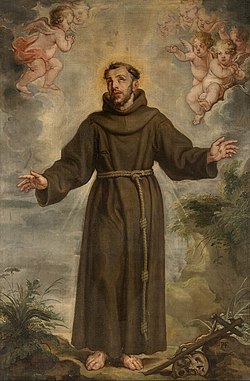Despite being called the Hundred Years’ War, the bloody struggle was not a continuous war lasting a century. Rather, it consisted of different conflicts between England and France that continued on but were interspersed with small breaks throughout the Fourteenth-Century. Throughout most of the conflict, England dominated the battlefield, inflicting their first major defeat of France at the Battle of Crecy in 1346.
After again being dominated at Poitiers in 1356, the French King John “the Good” was captured. France was further humiliated in 1360, after signing a treaty which made over a third of France pay feudal taxes to the English.
However, Charles V of France slowly pushed back the English, eventually reducing their presence in France to only outposts around Bordeaux and Calais. The next French King, Charles “the Mad” lived up to his name by going insane, and reducing France to infighting and civil strife. The English took this opportunity to attack a weakened France, as the second phase of the war started in the early 15th-Century.

Henry V of England decisively defeated the French at Agincourt with a smaller, but better equipped and trained army. After this loss and the Burgundians joining the war on the side of the English, the French were forced to capitulate again. French King Charles VI’s daughter was pressured to marry Henry V, ensuring that their children would be born into the English royal family and therefore inherit both the French and English throne.
Both kings would die in 1422, leaving the crown of France and England to Henry’s infant son. The French were furious at this, especially Charles VII, who would have inherited the French throne if he hadn’t been disinherited. In order to reclaim his lost inheritance, Charles VII accepted help from French sympathizers including Joan of Arc, the heroine from the major battle at the Siege of Orleans. Swaying the momentum of the war towards the French, they won increased victories over the English. Eventually, Charles VII was declared the rightful King of France, but deceitfully abandoned Joan of Arc in order to appease the English. At the age of 19, Joan was burnt at the stake in 1431, and would go on to become a Saint of the Catholic Church in 1920.
In the end, the Hundred Years’ War accomplished basically nothing, with the English failing to complete their goal of conquering France. At the end of the war in 1453 they had lost all of their holdings in France except for Calais, which they would lose in 1558.


